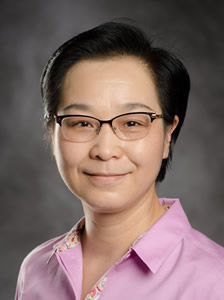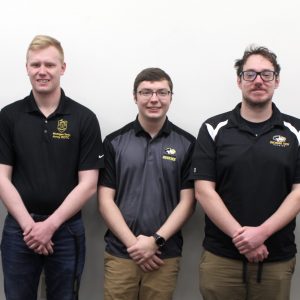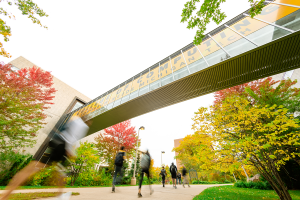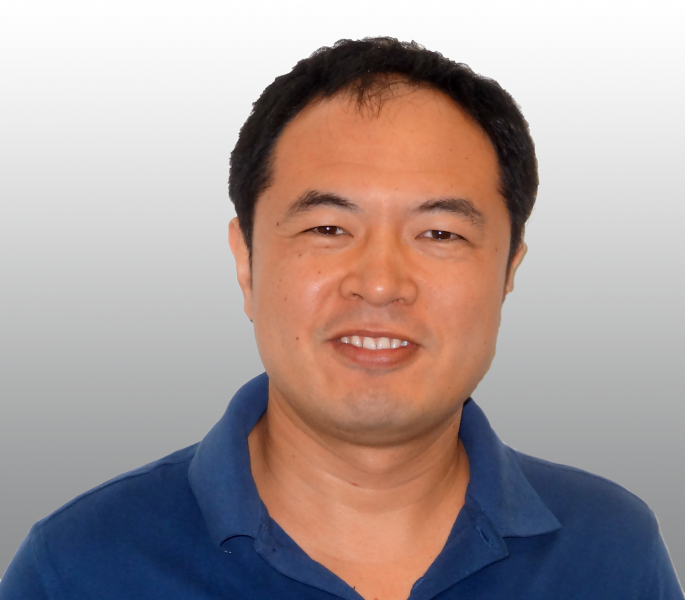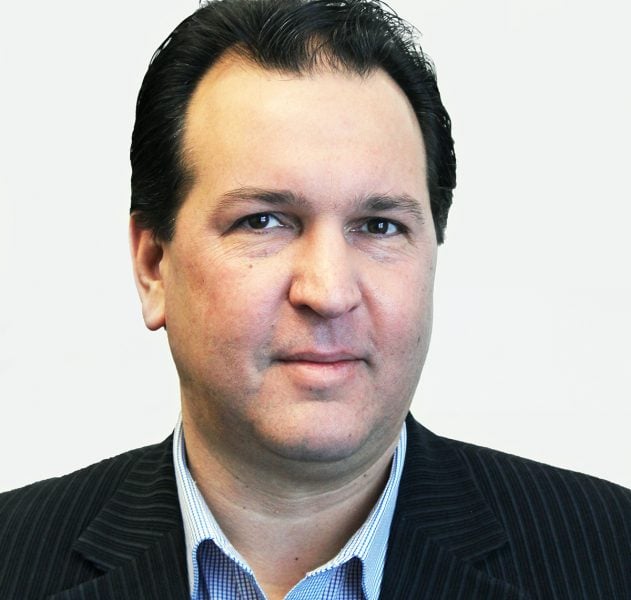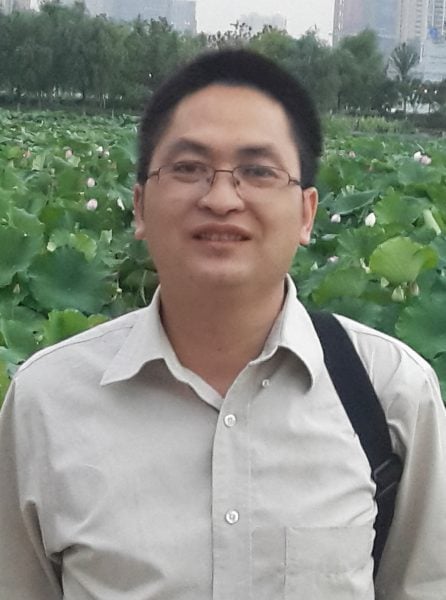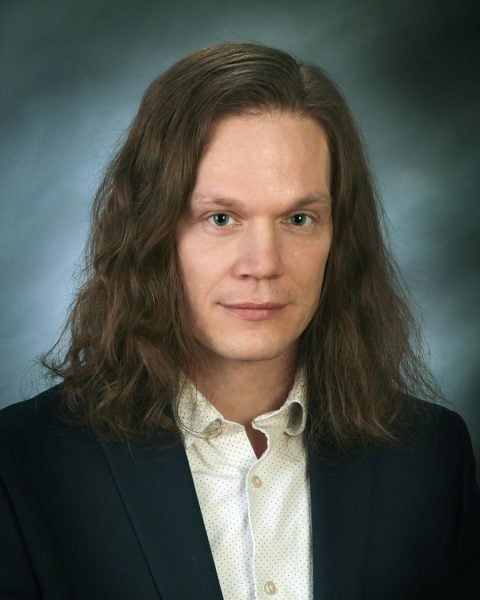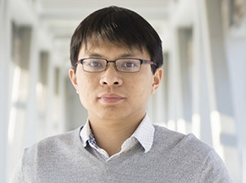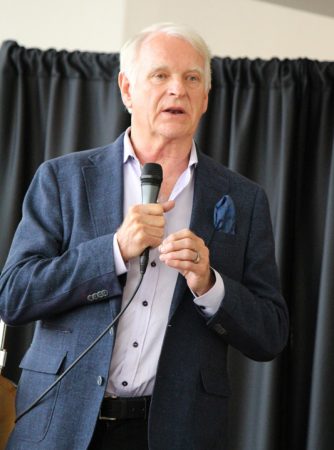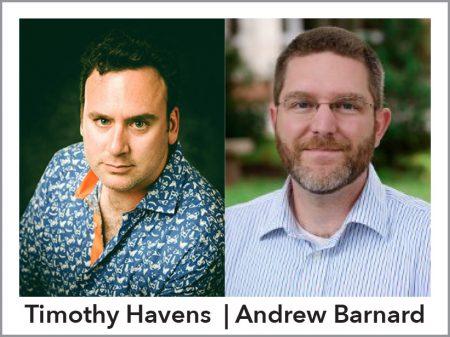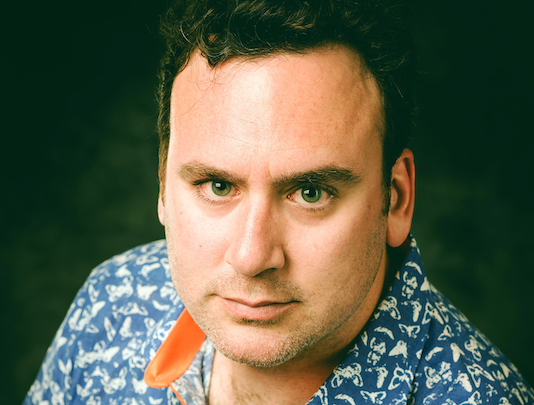
To help faculty prepare for Flex Fall, IDEA Hub and the William G. Jackson Center for Teaching and Learning have organized a series of events, each including Flex Fall Q&A sessions and discussions about teaching.
Click the below links to register and receive a Google calendar invitation and the Zoom link. Questions? Email margaret@mtu.edu.
Session #2: Wednesday, June 17, 3:00 – 4:30 pm. Online Teaching Showcase
Teaching, Q&A: 3 – 3:30 pm; Teaching Showcase, Discussion: 3:30-4:30 pm)
Session #3, Wednesday, June 24, 3-5 pm: Develop Innovative Solutions
(Teaching, Q&A: 3 – 3:30 pm, Design Thinking Workshop: Develop Innovative Solutions: 3:30 – 5 pm)
Session #4: Wednesday, July 1, 3 to 5 pm: Prototype Your Innovative Solutions
(Teaching, Q&A: 3 to 3:30 pm; Design Thinking Workshop–Prototype Your Innovative Solutions: 3:30 – 5 pm)
Read the full story in Monday’s Tech Today.


